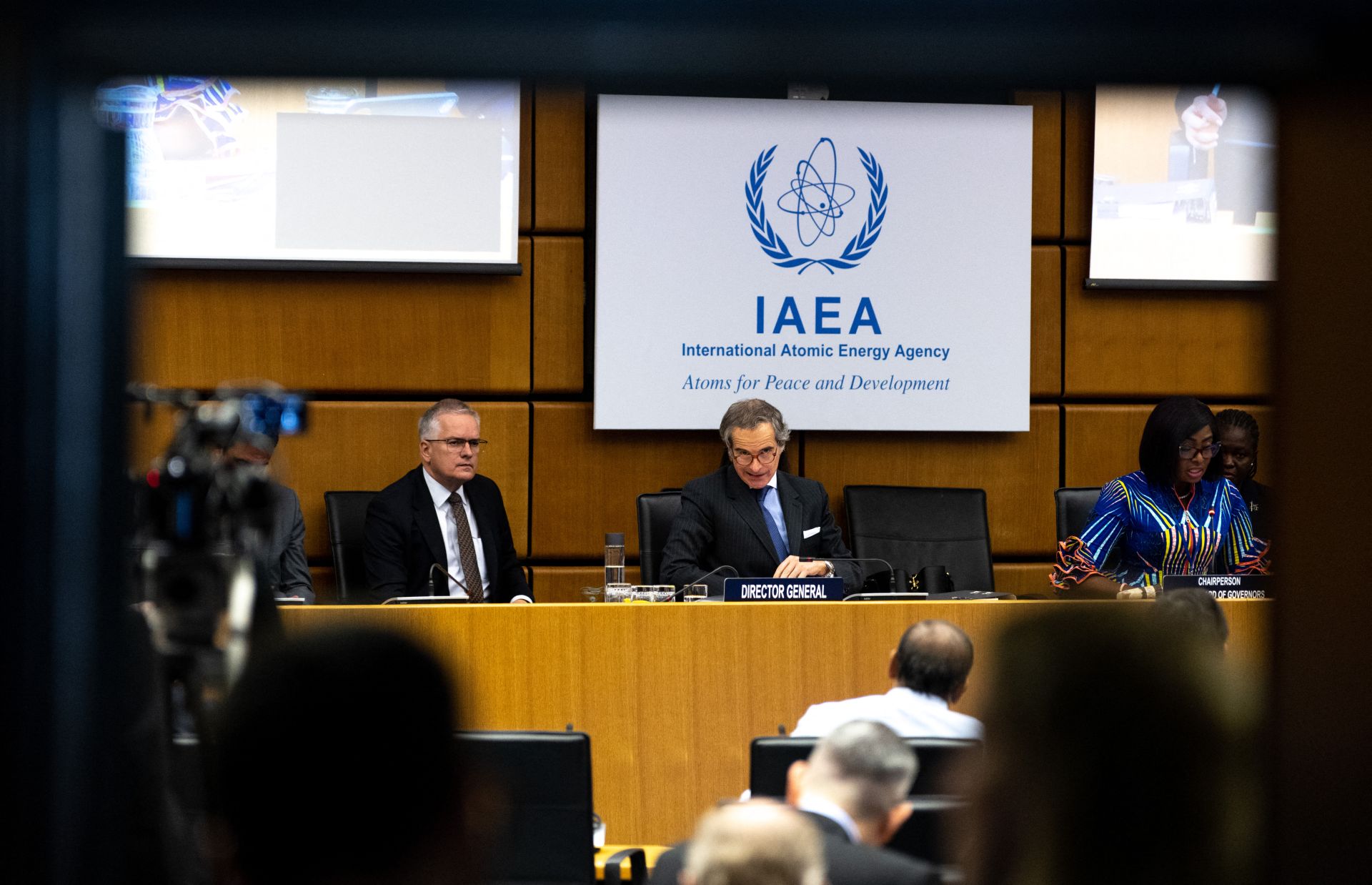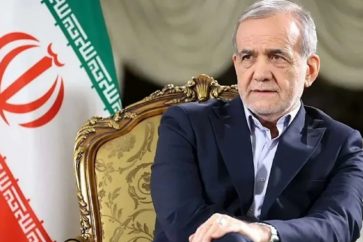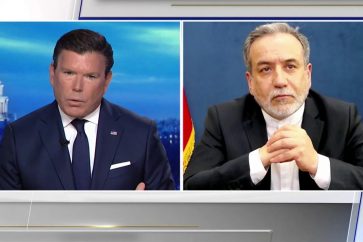For the first time in nearly two decades, the International Atomic Energy Agency’s (IAEA) Board of Governors passed a resolution declaring the Islamic Republic of Iran as “non-compliant” with its nuclear safeguards obligations.
The resolution, adopted on Thursday, was supported by 19 member states, opposed by 3, with 11 abstentions.
IAEA board of governors just adopted an important Resolution tabled by E3 and US which states that Iran is in non compliance with its obligations under its Safeguards Agreement and calls upon Iran to take steps to remedy its non-compliance. #IAEA #BoG pic.twitter.com/hr5Aq7tH4i
— Germany UN Vienna (@GermanyUNVienna) June 12, 2025
Iran Affirms Decision is “Political”
Iran’s Foreign Ministry and Atomic Energy Organization condemned the resolution in a letter to the United Nations Security Council, dismissing it as a politically motivated act based on what they described as “false claims” by the European troika regarding violations of UN Security Council Resolution 2231 and the 2015 nuclear deal.
In a joint statement, the two bodies announced the activation of a new uranium enrichment facility in response to the vote, adding that Iran had replaced first-generation centrifuges at the Fordow site with more advanced sixth-generation machines.
Tehran Warns of Escalation
Iran’s Permanent Representative to the UN, Amir Saeid Iravani, categorically rejected the IAEA’s allegations, calling them “unfounded, misleading, legally baseless, and politically biased.” He accused the agency of deliberately conflating Iran’s obligations under the nuclear deal with its commitments under the comprehensive safeguards agreement, describing the approach as “deceptive and disingenuous.”
Iravani reiterated that Iran’s nuclear program remains entirely peaceful and continues to operate under strict IAEA monitoring. He warned that any move to trigger the so-called “snapback mechanism” could lead to “serious and adverse consequences.”
The purpose of the anti-Iranian resolution put forth by the British, French, and German regimes at the IAEA is to help Netanyahu, especially with the ongoing Gaza Holocaust.
The real issue was never about nuclear weapons, terrorism, or human rights. Those are their specialties.
— Seyed Mohammad Marandi (@s_m_marandi) June 12, 2025
Analysts: Iran Signals Clear Response
Mehdi Azizi, director of the New Vision Center for Studies and Media in Iran, told Al-Jazeera Net that Tehran had made it clear during IAEA discussions that any move against its interests would be met with a proportional escalation in its enrichment program. He suggested the possibility of Iran establishing a third enrichment facility and transitioning fully to sixth-generation centrifuges, hinting at upcoming developments in the sector.
Azizi also warned that Iran’s response to external threats, including potential US military options, “would be painful,” citing recent statements by Iran’s defense minister affirming the full readiness of the country’s armed forces.
Echoing this sentiment, Emad Abshenas, head of Iran’s Association of Research and Study Centers, said Tehran is likely to accelerate uranium enrichment in response to the resolution. He indicated that Iran may further scale back cooperation with the IAEA, particularly concerning inspections and technical coordination.
The latest developments highlight Tehran’s firm stance in defending its national interests amid Western pressure, reaffirming its commitment to peaceful nuclear advancement while calling for a more balanced and constructive approach to diplomacy.
Source: News Agencies




